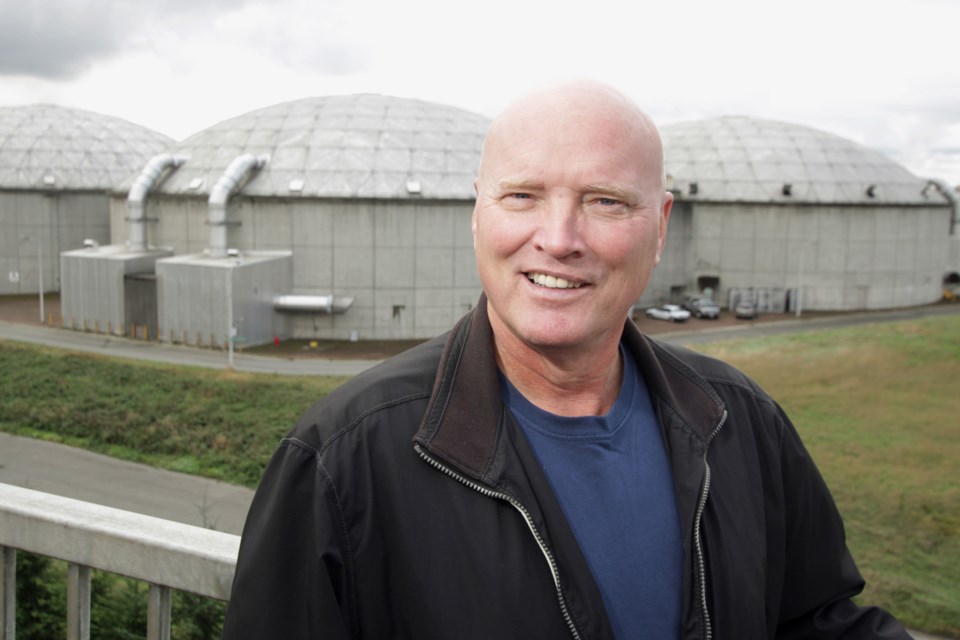There are many urban myths about what lurks in the sewers, but you wouldn't expect to find a Sharc.
However, if it is up to SHARC Energy Systems, the sewers will be full of Sharcs in the near future.
The Burnaby company is selling its sewage Sharc, which stands for sewage heat recovery, to building owners and developers to stop renewable energy from "going down the drain," instead using that energy to heat and cool buildings.
While it is a subject that makes many people squirm, CEO Lynn Mueller admits, the energy that can retrieved from wastewater is far too useful to let a little squeamishness get in the way, he says.
"The strange part of it was that everybody seemed to recognize there was a tremendous amount of energy that goes down the drain, but didn't really want to have anything to do with it because it's kind of a nasty bit of business there," he says.
Sewage isn't what most people expect, Mueller says. It is 97 to 98 per cent water, with two to three per cent solids.
"It isn't a turd on a beach blanket with a mai tai floating to the sewage plant," he explains. "It's just dirty water bubbling by."
The Sharc system temporarily intercepts the sewage flow before it leaves a building and cleans it, and then puts it through an interface with a heat exchanger to either take heat out of the line or, in the case of air conditioning, put heat back in, Mueller says.
"Any time you're just moving heat and not creating it, it's much more efficient," he adds. "We operate at 500 to 600 per cent efficiency."
Mueller, who has worked in the sustainable energy field for 25 years, began thinking about the possibility of reusing wastewater energy after he witnessed the effects of climate change firsthand, he says.
Years ago, he was a refrigeration mechanic who travelled through the Arctic.
"I used to go to these villages in the Arctic, now, these same villages are under water," Mueller says. "I personally see the effect of climate change, but I never thought I would in my lifetime."
His family is very sustainability-minded, he says, and his four children keep him focused on environmentally sustainable solutions.
"Now I'm 60 years old, so I really want to do something to make an impact on the world, and this really does," Mueller says. "To reuse energy is probably the most direct impact that I can ever have on the world."
The company began creating test units of its sewage filtration and heat recovery systems three years ago.
At first, potential clients seemed reluctant to use the system as it was a new concept, but during the past two years the test units have been extremely effective and efficient, so people are jumping on board, Mueller says.
"The response now is absolutely overwhelming," he says, adding the company only recently began marketing the units - though they already have units in the Sail condominium project at UBC, the Seven 35 building in North Vancouver and the Gateway Theatre in Richmond - and has five more confirmed sales in Vancouver and 40 new sales from around the world.
The company, located in Burnaby Heights, has a distribution network across Canada, the United States, the U.K. and Australia.
The systems are self-cleaning and are also closely monitored by the company, which provides servicing for the lifetime of the units - about 40 years, he says.
The company is ramping up staff and working on the systems to prepare for future growth, according to Mueller.
"We want to be a $250-million company within the next 10 years," he says.
For more information on the company, go to the company's website here.



